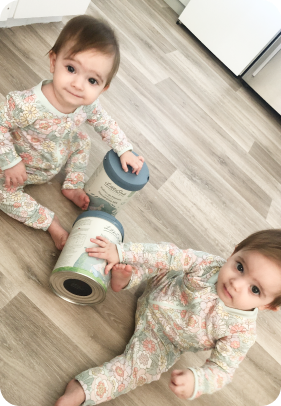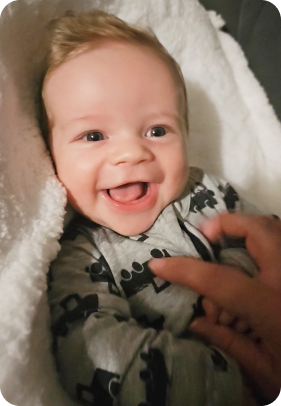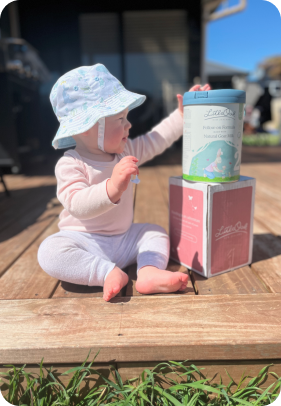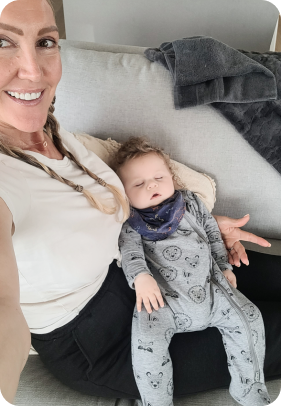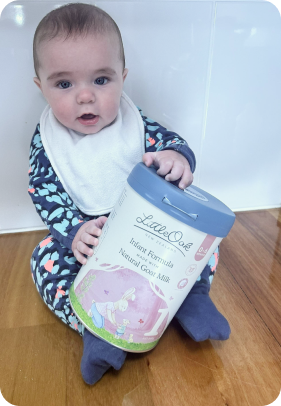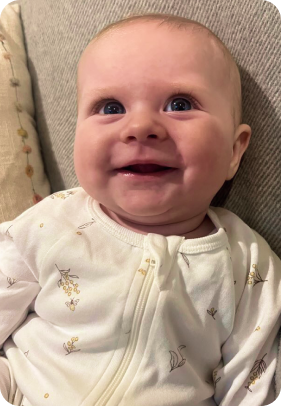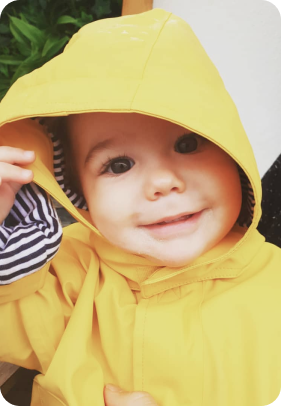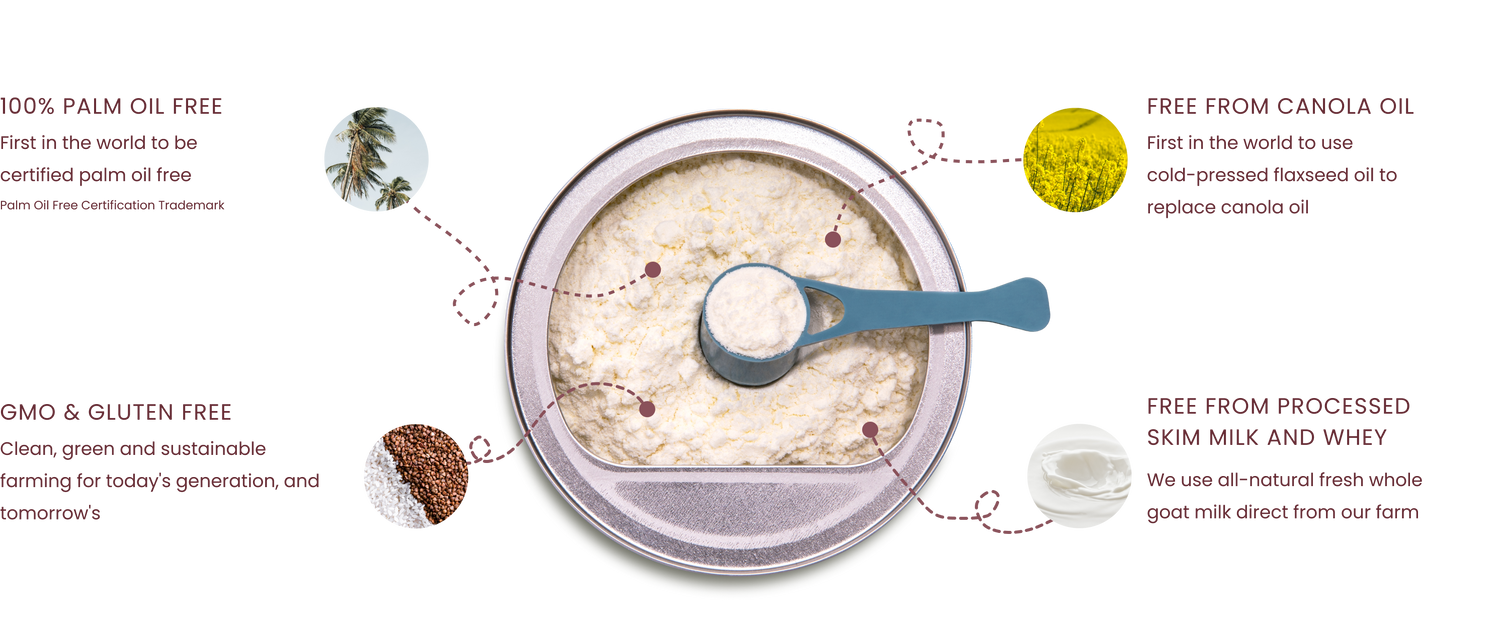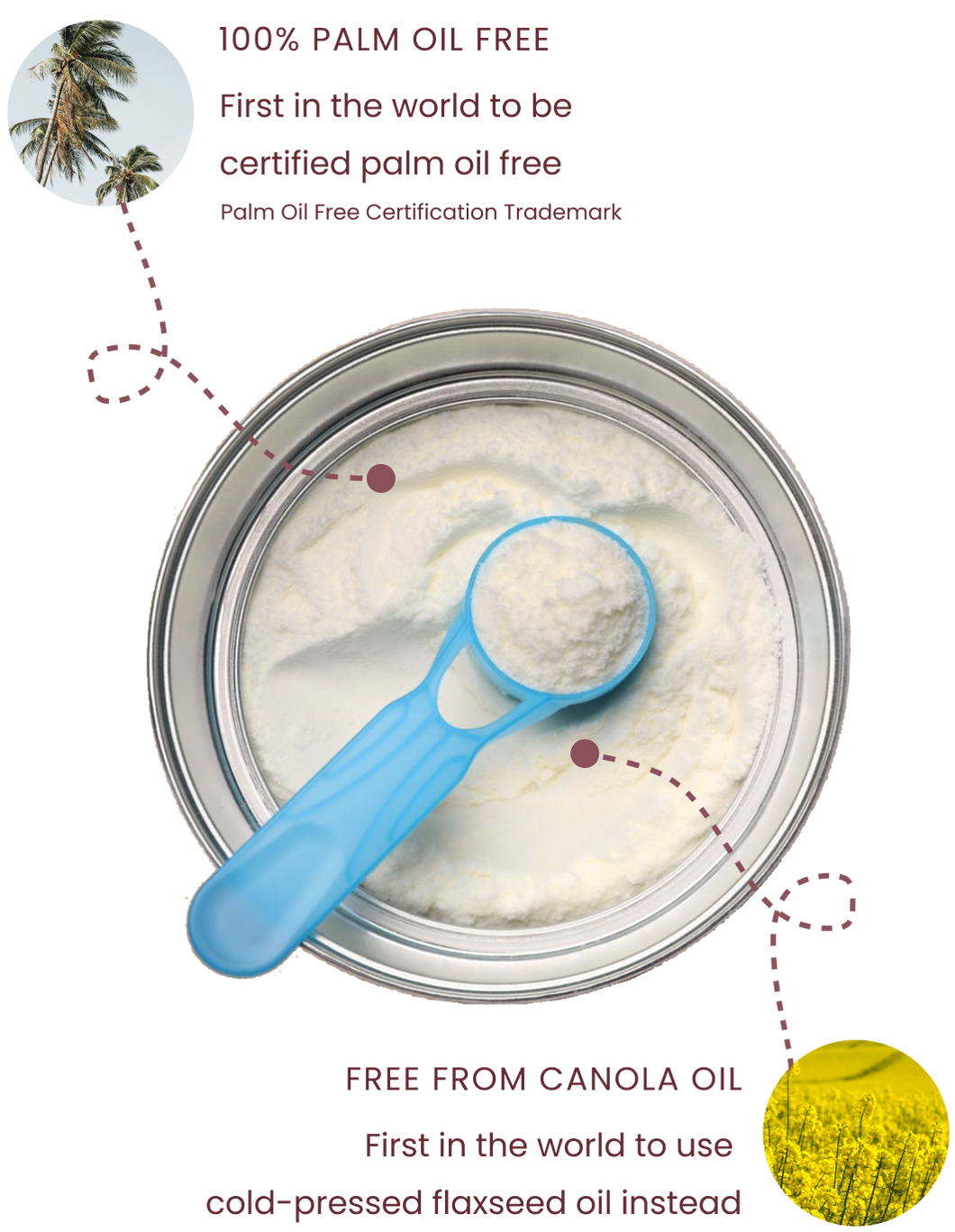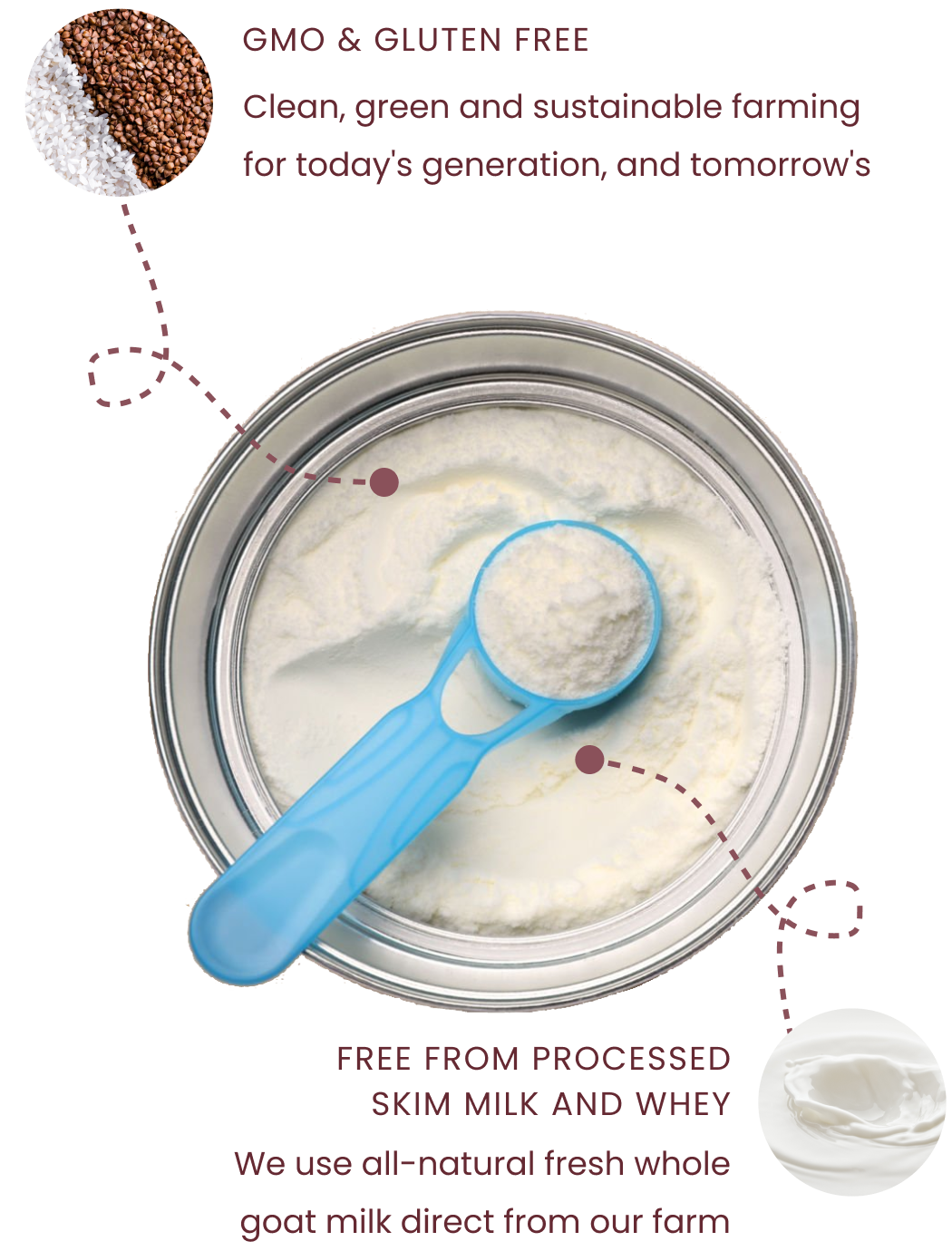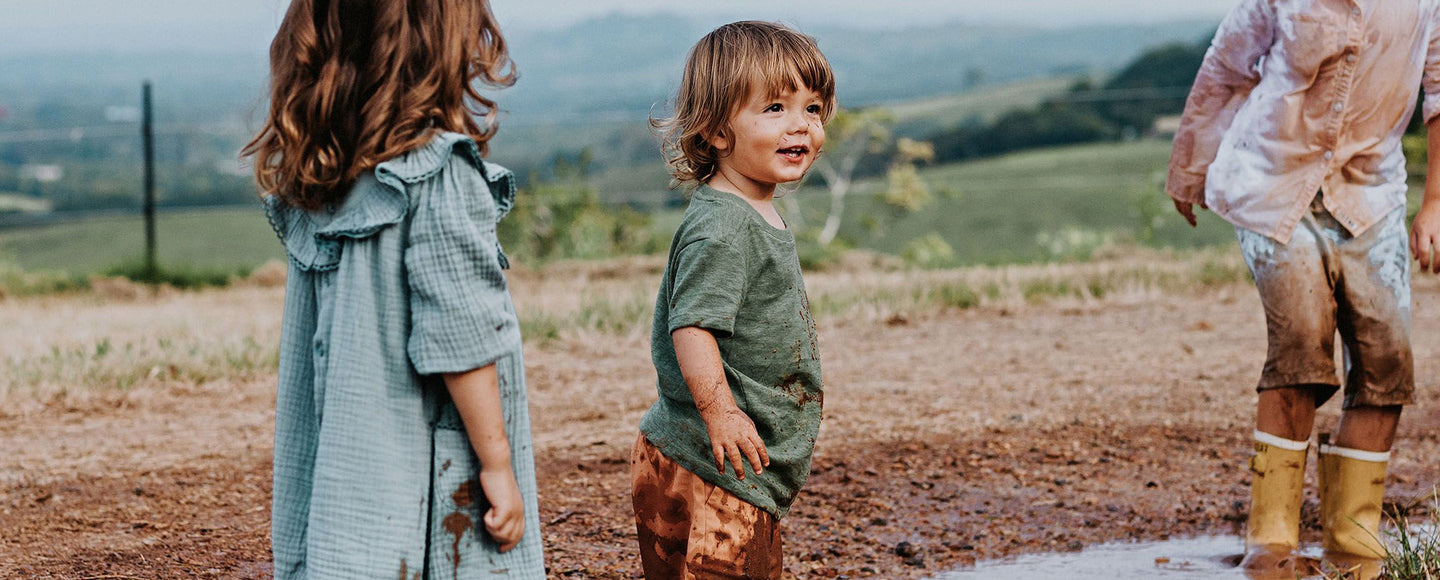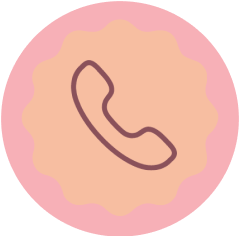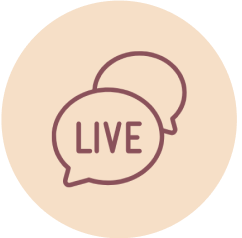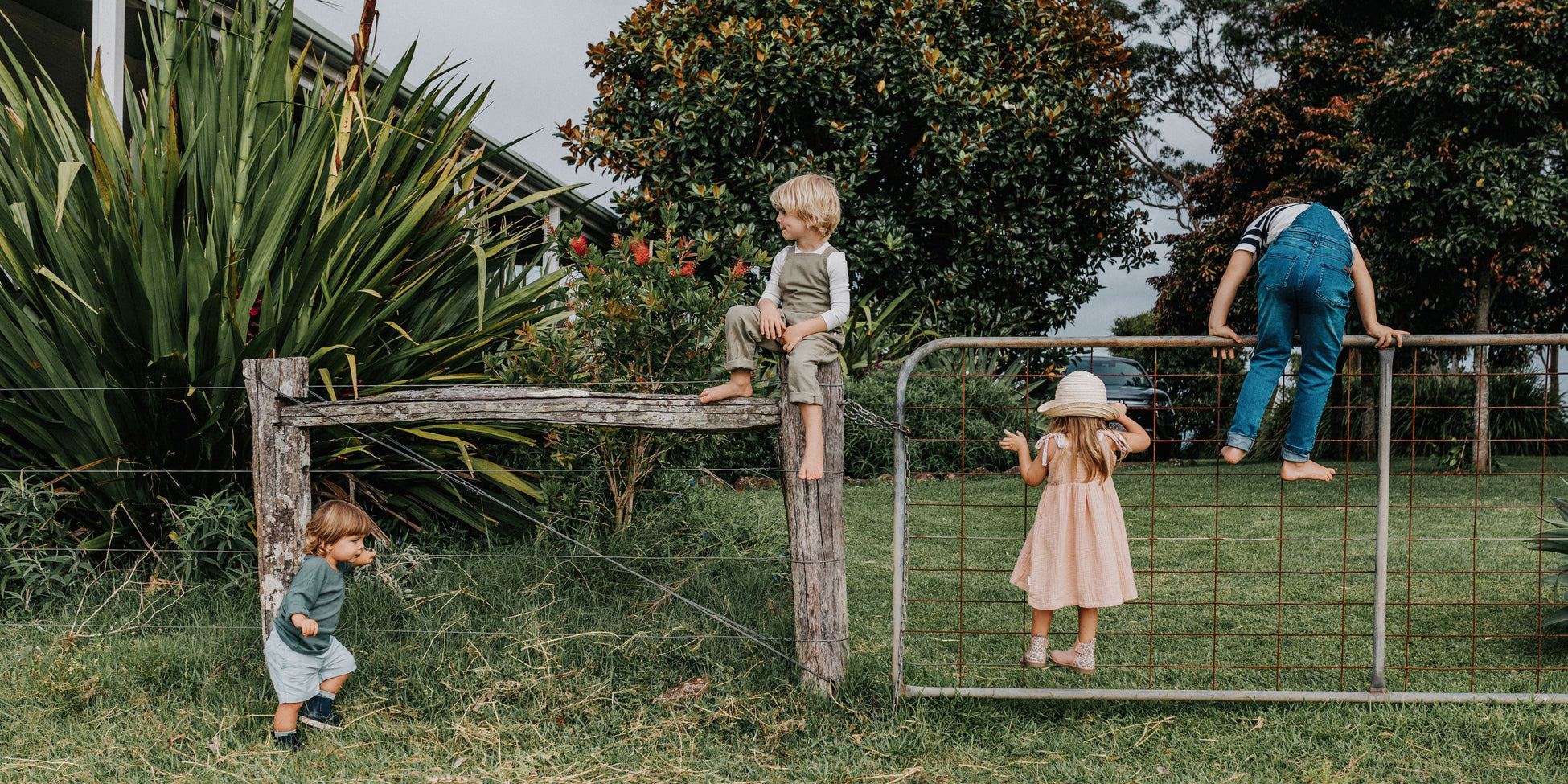Donna Moala, a Certified Sleep Sense Consultant and a mum of three, believes that with great sleep, you can deal with anything. Passionate about creating healthy sleep foundations for families, Donna has been empowering parents all over the world to support their bub’s sleep journey.
While we can’t argue with the allure of a quick fix for insomnia or jet lag, Donna walks us through some potential risks of using this sleep-aid and the importance of making informed decisions about your bub’s sleep health.
By Donna Moala
As parents, we’ve heard all the old wives' remedies…and it's true that some of them actually seem to work. Try rubbing garlic on a bee sting! Quiet a colicky baby by running the vacuum cleaner! Drink a cup of water upside down and pinch your nose to cure your hiccups!
That said, I feel that health decisions are something that should be carefully considered by the individual with the advice of their doctor. If probiotics will improve your gut health, I say go for it. If you need serious medication to lower your cholesterol, then you should probably take that too. But anything you're going to put in your body, and every bit as importantly, your child’s body, should be evaluated for its efficacy and possible side effects, which is why I think we should have a quick talk about melatonin.
Melatonin has been praised by a lot of homeopathic experts as a safe, natural way of helping people get to sleep. While this is true in a lot of ways, there’s a whole lot more to understand about it before you take it yourself or give it to your child. So, what is it exactly?
Melatonin, a hormone that’s secreted from the pineal gland, settles your body and helps you wind down when it’s time to sleep. However, the process by which it does that is very complicated and involves more biology than I can possibly hope to understand, much less explain.
So, in the simplest of terms, melatonin is your brain’s way of drawing the curtains for the night. Cortisol, on the other hand, is its counterpart and opens them back up. Both cortisol and melatonin make up a large part of what we call our “body clock,” but more on that later.
An important point here is that melatonin is not a traditional sleep aid. As Dr. Luis Buenaver, a sleep expert from Johns Hopkins explains it, “Your body produces melatonin naturally. It doesn’t make you sleep, but as melatonin levels rise in the evening it puts you into a state of quiet wakefulness that helps promote sleep.” How does our body know when to start producing melatonin? Quite naturally, actually. When it starts to get dark, the body recognizes the onset of night and gets the melatonin pumps up and running. That worked like a charm for a couple of hundred thousand years, until we invented the light bulb. And the television. And the smartphone. And the laptop.
Nowadays, our eyes are flooded with so much artificial light that it can be difficult for our brains to determine when night is actually coming, and this can interfere with melatonin production. Consequently, that can mess up our body clocks and contribute to insomnia. In some cases, such as jet lag and shift work, a melatonin supplement can help reset our body clocks if they’ve been thrown out of whack, but it’s not a solution to sleep issues.
My first piece of advice to people who are having trouble sleeping is to turn off their screens a couple of hours before bed, turn down the house lights, and establish a bedtime routine. Let your body know it’s time to sleep, and it’ll do almost all the leg work for you. Side note: This is not the case for insomniacs - people with psychological or physical conditions that inhibit their sleep should definitely consult with their physicians.
When it comes to kids, all of this information still applies. Newborns are something of an exception, as they don’t start producing melatonin and cortisol until they’re about 2 months old. Until then, they’re kind of flying by the seat of their pants, sleep-wise, as I’m sure you probably already know if you have any of your own. But past the 2-month mark, they start to establish a 24-hour light-dark sleep cycle, which is the standard sleep cycle that we follow throughout our lives.
So now we get to the big question... “Will giving my child melatonin help them sleep through the night?” And the answer is, “No it will not.” It might help them GET to sleep at night, but it will not help them stay asleep. This isn’t just my opinion, by the way. This is the consensus of sleep specialists, researchers, and doctors worldwide. The National Sleep Foundation has found that “...when scientists conduct tests to compare melatonin as a “sleeping pill” to a placebo (sugar pill) most studies show no benefit of melatonin.”
When it comes to young kids, I feel that it’s essential for us as parents to teach our children the skills they need to fall asleep and stay asleep on their own. They need a LOT of sleep, and for a short period in their lives, everything in their bodies is designed ensure they get it. All they need from us is a little support and guidance so they can develop the ability to drift off and stay asleep on their own.
So, my main point: giving your children any kind of sleep aid is definitely not the answer, whether it’s melatonin or Benadryl.
Just like learning any other skill, it takes practice and time. There’s no supplement that can teach you how to play an instrument, teach you long division, or sharpen your golf game. Sleep is, in essence, exactly the same thing. It’s a skill that needs to be developed, and once it is, it comes easily and naturally. Before resorting to medication, consider establishing a predictable and consistent bedtime routine. Turn off TVs and tablets a couple of hours before bed and encourage your child to fall asleep without relying on feeding, rocking, or other external aids. The results will be better than anything you’ll get from a pill, and they’ll last a lifetime.
To learn more from Donna, check out @bub2sleep on socials and her website for more valuable resources.
.....
LittleOak has been nourishing children for many years and feeds millions of infants, babies and children across the globe each and every day, in countries such as Australia, New Zealand and Singapore. In the US, we're proud to have our FDA compliant Toddler Milk available for families.














